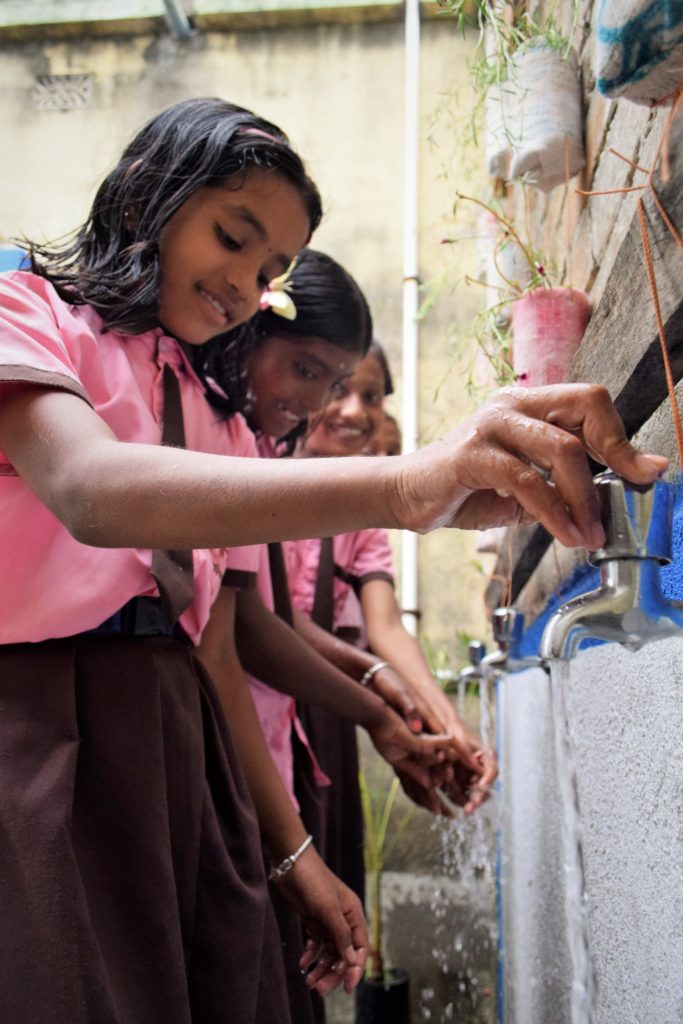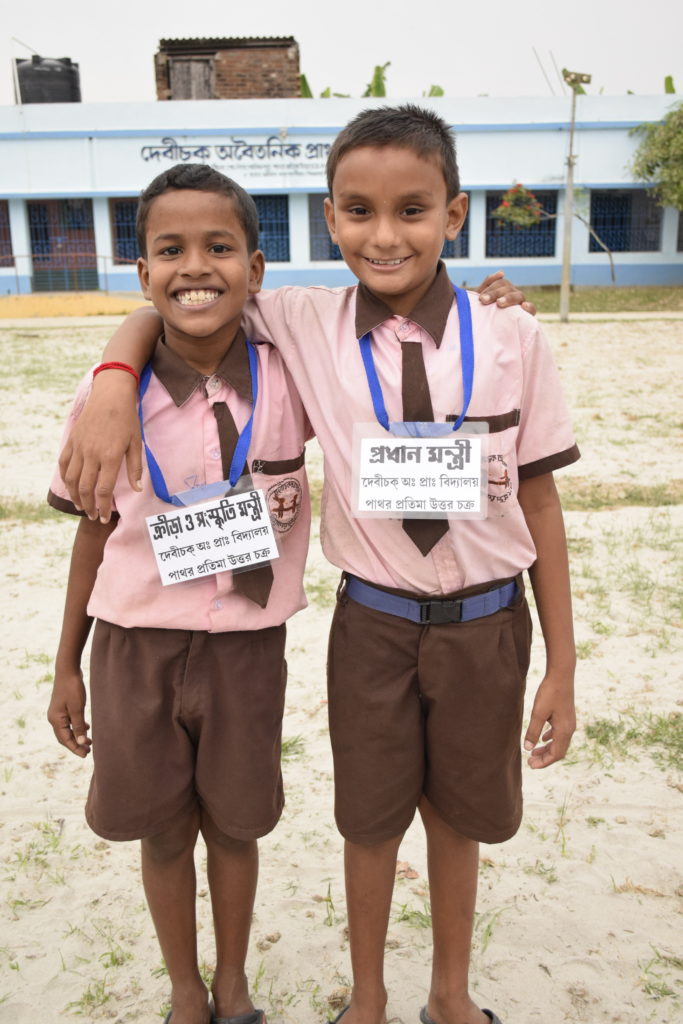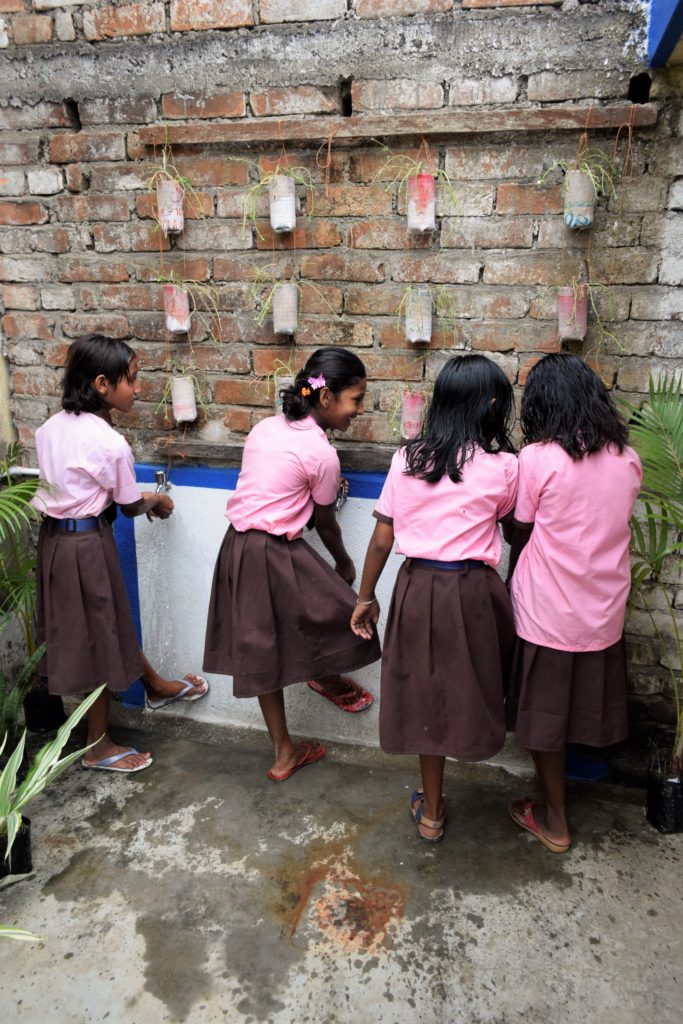Pride comes in small packages.
Priyanka Maiti, grade 4, is the "Food Minister" at her school. She is one of five students that make up the Child Cabinet – a group of 3rd and 4th grade students including Surat, the Prime Minister, Suparna, the Education and Environment Minister, Manju, the Health Minister, and Atanu, the Sports Minister.
They attend the Debichak Free Primary School in Patharpratima, West Bengal, one of the Everyone Forever district Water For People in India is working in.
Today, these five little ministers take great pride in their positions and in their school. But that wasn’t always the case. In fact, it wasn’t long ago that the school was struggling due to a lack of access to safe water and clean bathrooms.
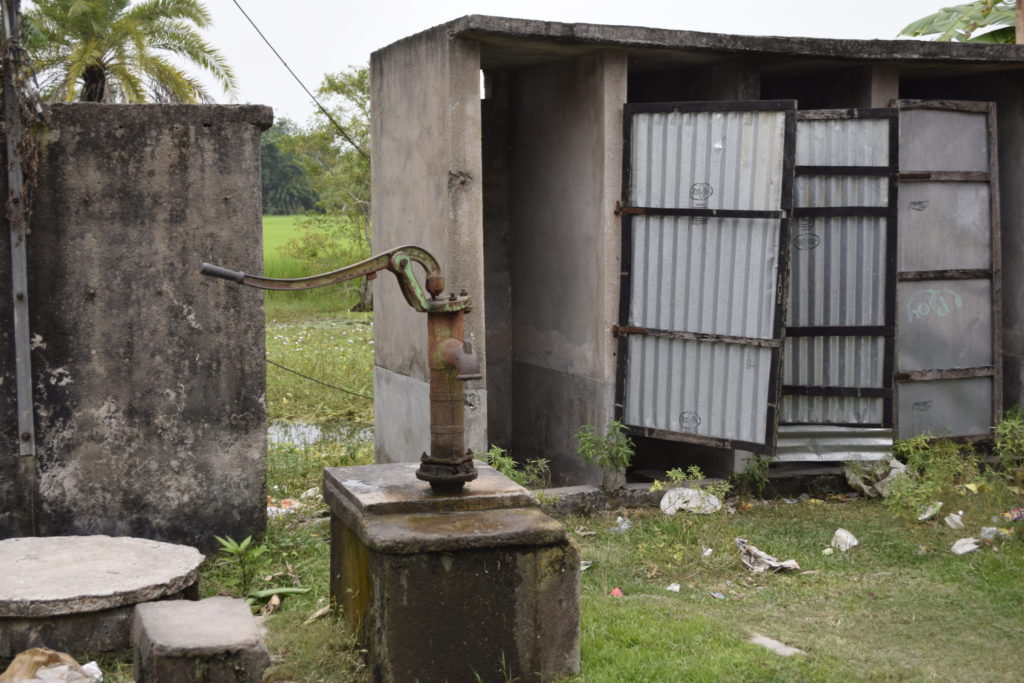
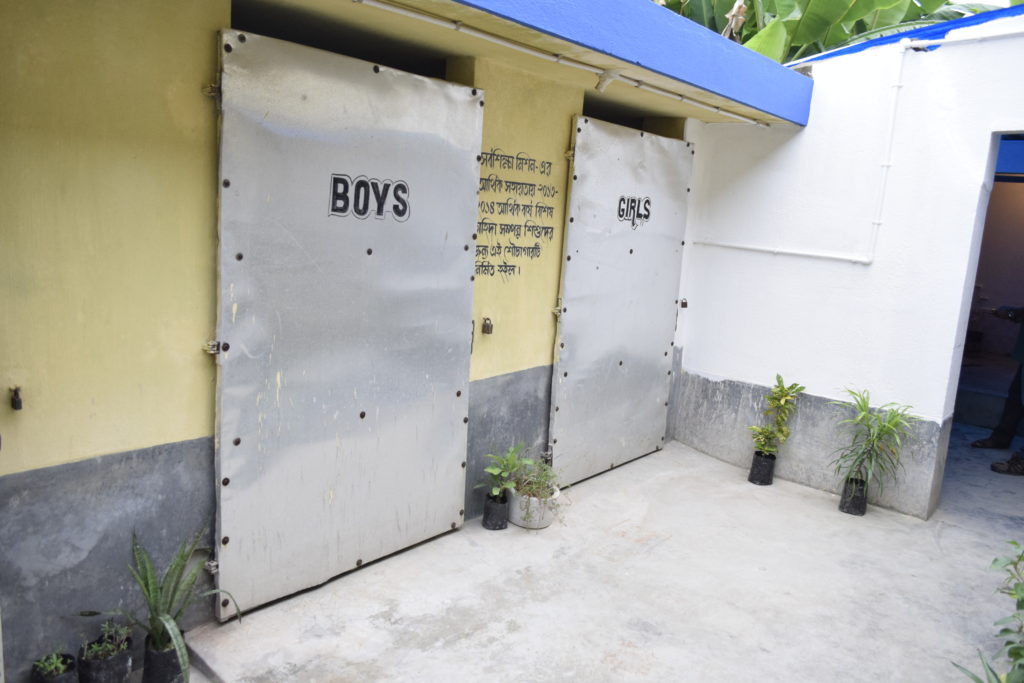
"The condition of the bathrooms was pathetic with broken walls and doors, and no water available inside," said Priyanka. "Before lunch, I had to bring at least two buckets of water from the hand pump outside the school. The children would use that water to wash their hands; sometimes there wouldn’t be enough water and then students wouldn’t wash their hands before eating food."
The Head Master of the school, Laxmi Kanta Das, saw this first hand. "Children would often use water from the pond in front of the school to wash their hands."
A few years ago, changes started to come to the school. Water For People began holding meetings with the school administration, parents, and local elected leaders in an effort to improve the water and sanitation systems.
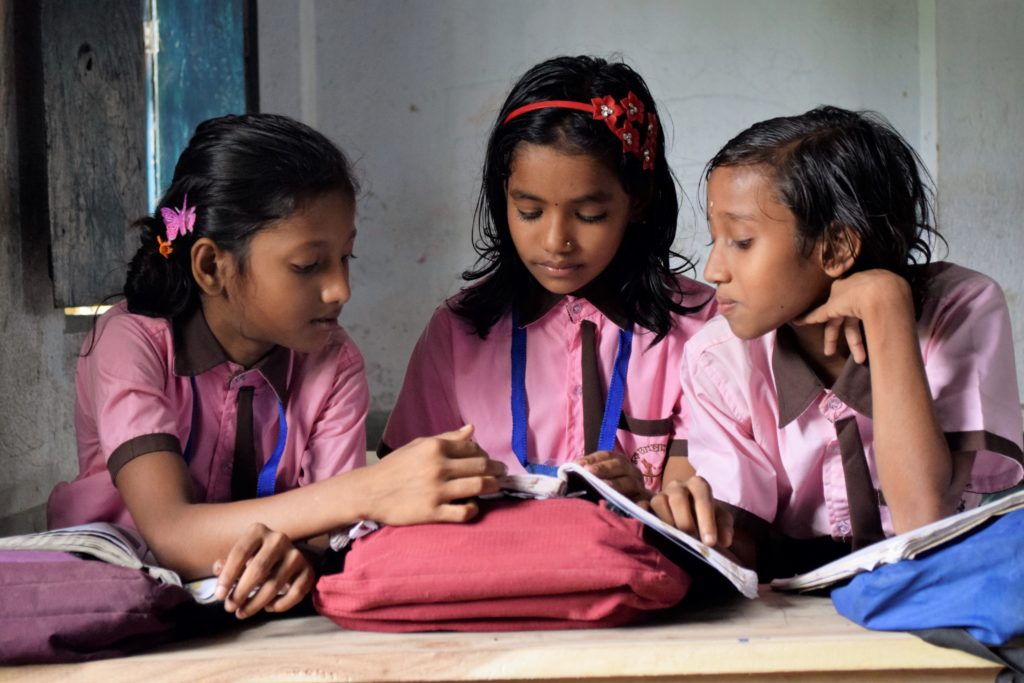
"Water For People and local partners visited us regularly to build the capacity of teachers and train the students as well," says Head Master Das.
Two sets of urinals and washrooms were constructed for the boys and girls, and the school contributed to a dedicated handwashing station with a piped water supply. The new facilities were decorated with colorful wall writings and pictures conveying simple but useful messages, such as steps to wash hands properly.
Part of Water For People’s strategy to ensure the sustainability of new services is to promote a sense of ownership with the users. At schools like the Debichak Free Primary School, this is accomplished by establishing a Child Cabinet – a group of students with titles that mirror the Cabinet of the Indian government. Head Master Das appointed each member of the Child Cabinet and gave them specific responsibilities. They each carry out their duties faithfully, leading their fellow students in staying healthy and properly using and caring for their new water facilities.
Through this new, seemingly simple combination of pipes, urinals, washrooms, and student involvement, something truly magical emerged… pride.
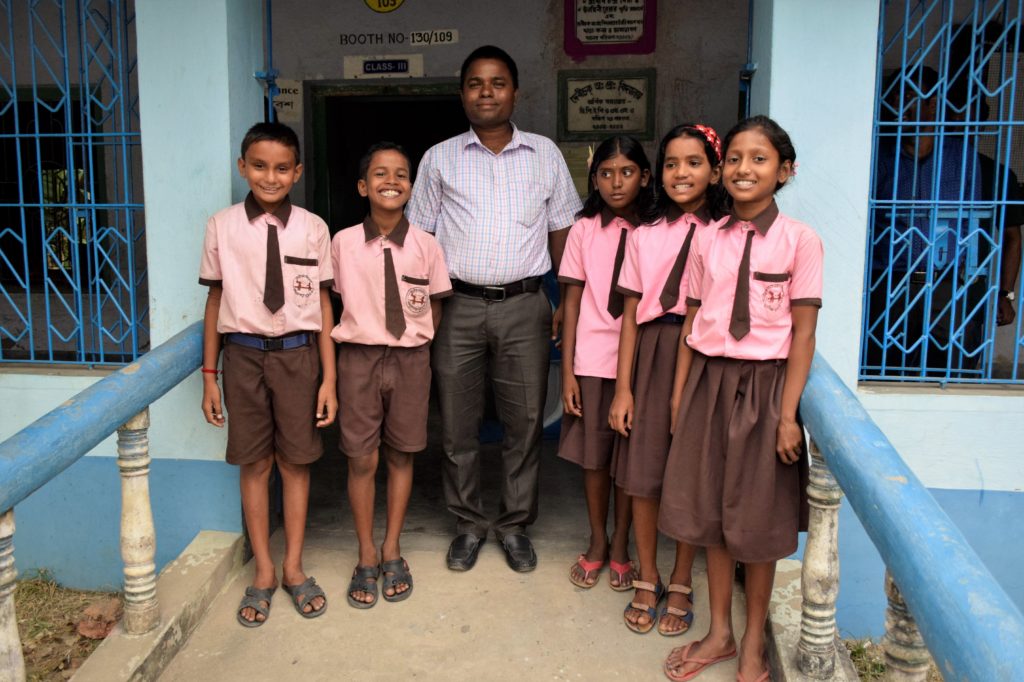
The new infrastructure completely transformed the way students and teachers look at water, hygiene, and sanitation. The teachers and the Child Cabinet proactively work to maintain the new systems in the school, with the kids even helping clean the facilities. The students also now organize "Sanitation Rallies" within the two local villages, carrying home-made signs with inspirational water and hygiene messages. Many of the students bring their passion for good hygiene into their homes, sharing the importance of hand washing and personal hygiene with their families.
Head Master Das has noticed something really special. "I’ve observed a tremendous change in the overall appearance of students. Earlier there was no awareness or any dressing sense. They were rather clueless about the importance of washing hands or maintaining personal hygiene. Ear and skin infections were common," Das admits. "The scenario has changed. Now these same children are disseminating the messages of hygiene and sanitation. This transformation will have a long-term impact."
The clean water and new toilets have truly changed everything at this school.
With pride, Atanu, one of the little ministers adds, "I love doing this job."
